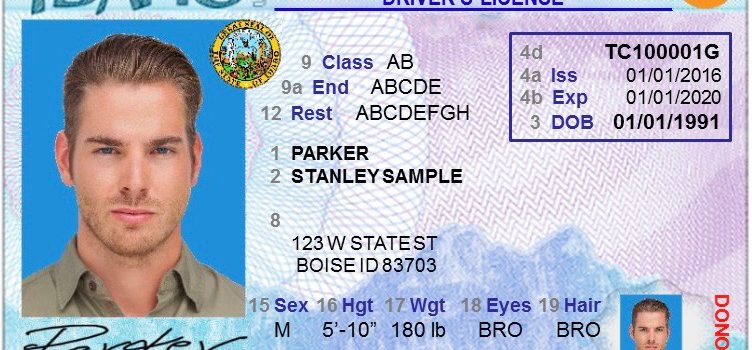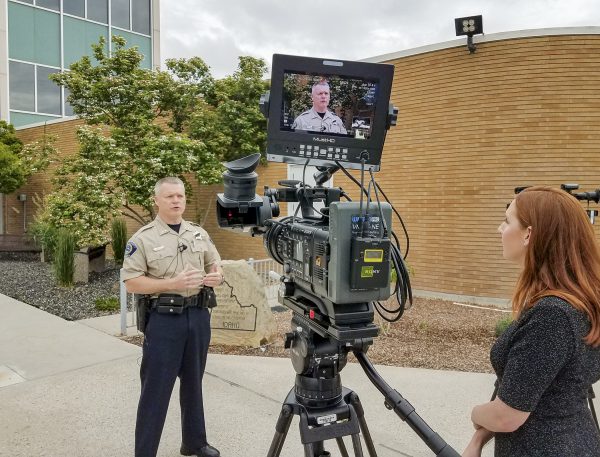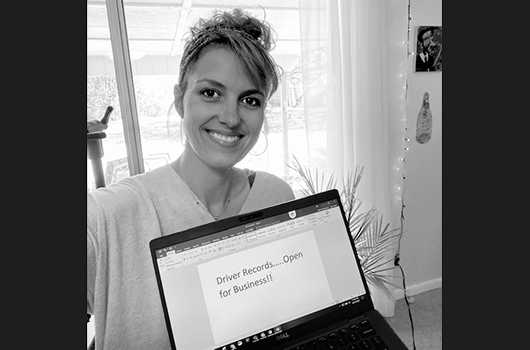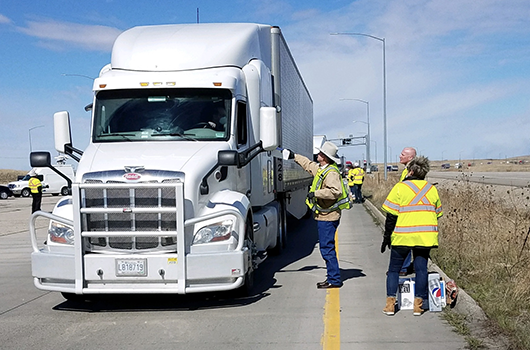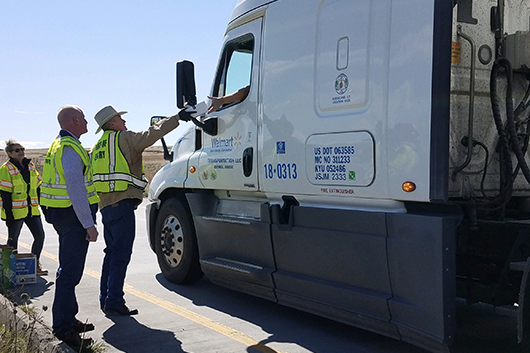Idaho DMV issues extension on expiring registrations and driver’s licenses
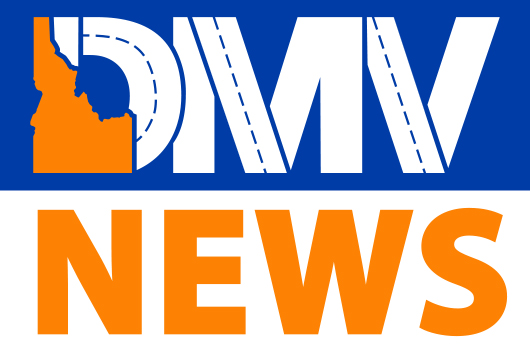
The Idaho Transportation Department’s Division of Motor Vehicles is providing an extension on expiring vehicle registrations and driver’s licenses. In an effort to reduce wait times at county DMV offices, non-commercial vehicle registrations and driver’s licenses that expire between September and December 2020, now have until January 31, 2021 to renew.
In mid-October ITD implemented the fourth and largest phase of the state’s DMV modernization project, moving the vehicle registration and titling system from a 1980s mainframe to an updated computer program. Eight million records were integrated into a “one person, one record” system, linking each Idahoan’s registration and title information with their license.
The new system has temporarily slowed vehicle registration and title processing, and ITD is working diligently to speed up transaction times. COVID-19 social distancing measures with limited hours and appointment times also contribute to a backlog in service. The extensions will allow customers more time to safely complete their business. ITD is doing everything possible to reduce wait times, especially as temperatures drop this fall and winter.
“People with expiring registrations and licenses don’t need to rush to the DMV. These extensions should give them some relief, help reduce crowd sizes, and also open up appointment windows where available at county offices,” said DMV Administrator Alberto Gonzalez. “We also encourage Idahoans to renew their registration online, by mail, or drop boxes at county offices.”
DMV online services, including driver’s license and registration renewal, are available 24/7 at dmv.idaho.gov. Please note, county DMV office hours are determined by county sheriffs and assessors, and vary statewide. Hours and contact information can be found at dmv.idaho.gov.






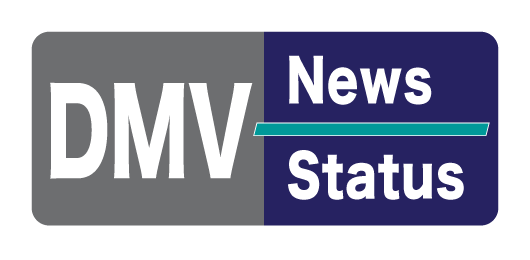
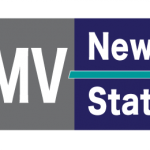
 an effort to reduce wait times for customers in county offices, and slow the spread of COVID-19. With more accessibility, the number of online DMV transactions continues to climb month after month, and more Idahoans than ever are now renewing online.
an effort to reduce wait times for customers in county offices, and slow the spread of COVID-19. With more accessibility, the number of online DMV transactions continues to climb month after month, and more Idahoans than ever are now renewing online.